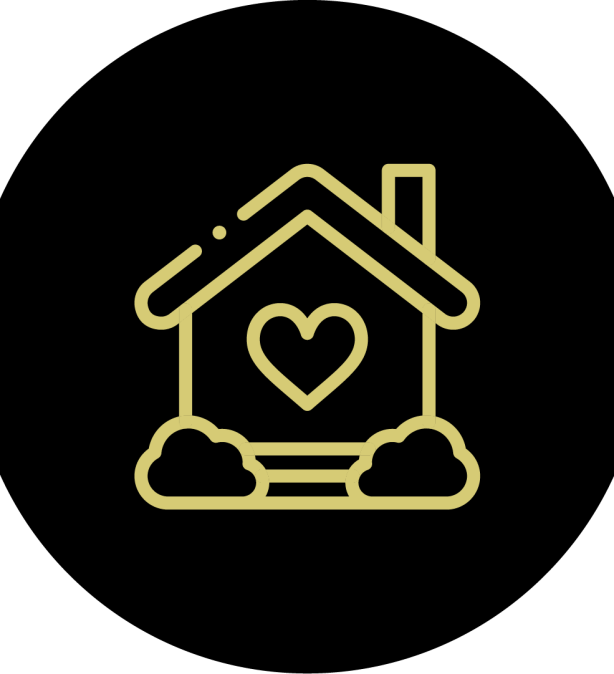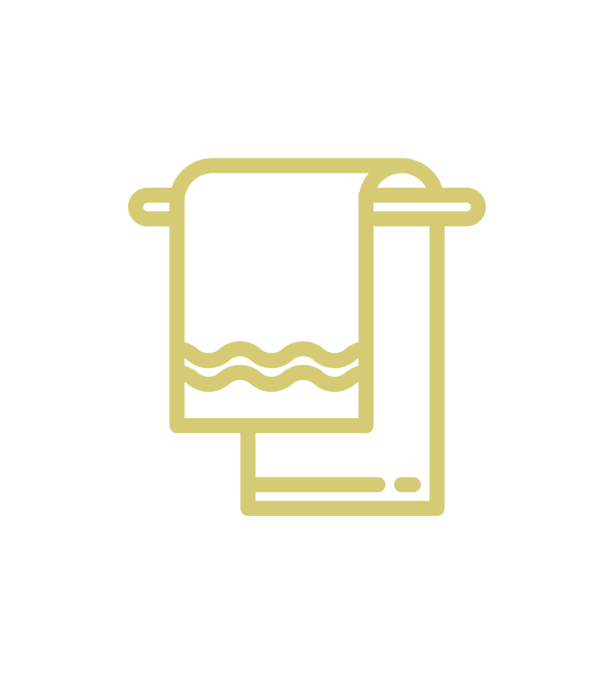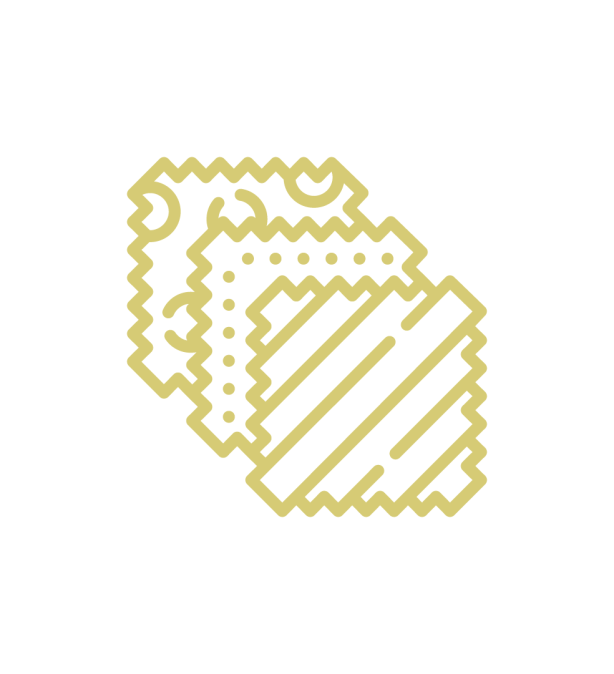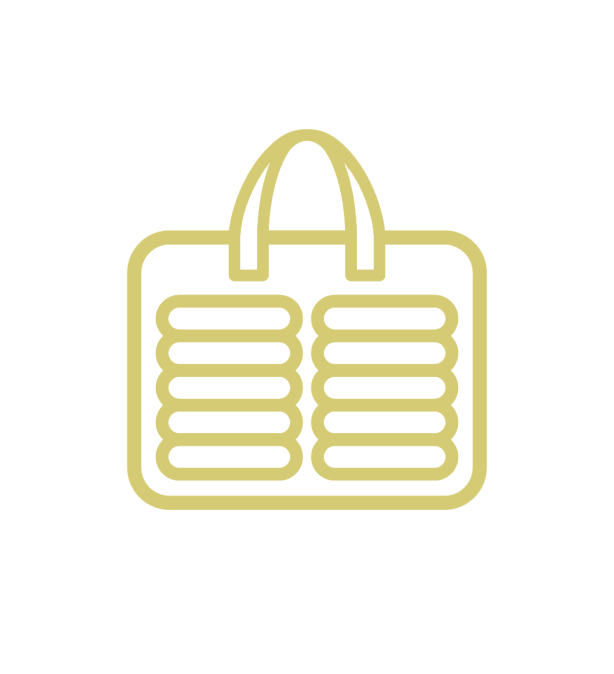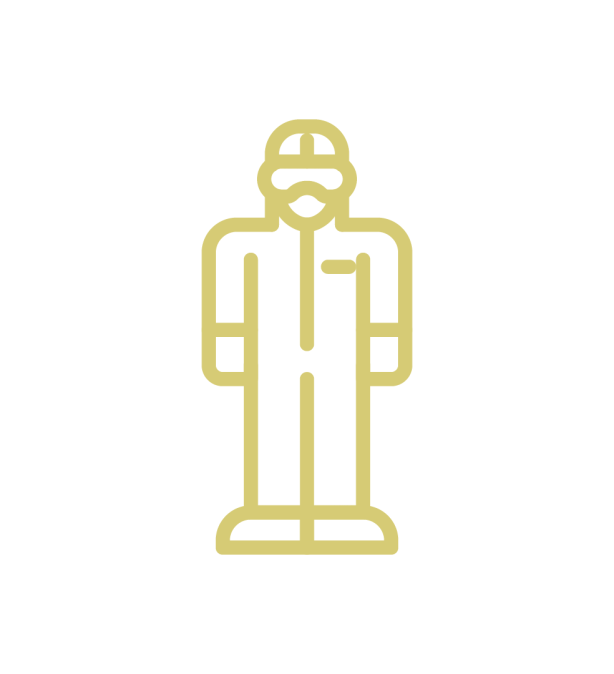Covert Narcissist: 18 Signs, Symptoms, and Tips
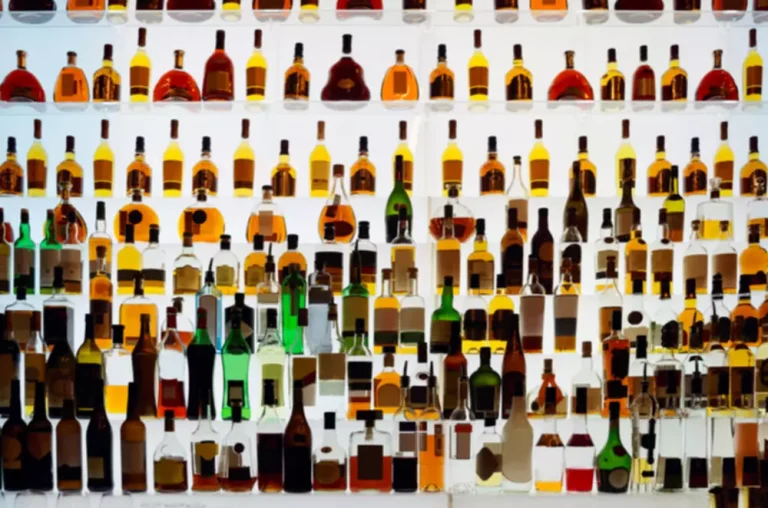
The more covert form of pathological narcissism and narcissistic personality disorder (NPD) is not expressed the same way in every individual, but there are typical patterns that are very common. If you see many or most of these attitudes and behaviors in a person you know, you’re probably dealing with someone who suffers—and makes others suffer—with covert narcissism. When it comes to diagnosing narcissism and alcoholism, mental health professionals may use the Diagnostic and Statistical Manual of Mental Disorders (DSM-5) as a guide.
The Covert Narcissist’s Abusive Behaviors
- However, as the relationship progresses, the covert narcissist’s lack of empathy and tendency to use others for personal gain becomes evident.
- Moreover, they often engage in creating a false self-image by gossiping and pretending to like others, further showcasing their toxic tendencies.
- They will con a way to buy alcohol, drink in secret, and find a way to cover their drinking.
To enhance understanding, it’s crucial to delve beyond surface interactions and explore the underlying emotions driving behaviors. By gaining insight into the triggers of negative emotions and learning to communicate in a way that promotes empathy, partners can navigate conflicts more constructively. When confronted, a covert narcissist may initially deny or deflect responsibility, gaslight the accuser, or play the victim to manipulate the situation. By recognizing these triggers, we can better navigate interactions and protect our emotional well-being. In some cases, setting boundaries and practicing self-care can mitigate the impact of triggers.

Where to find support if you’re experiencing NPD or AUD
Many of them are now focusing their campaigns on a separate but related form of abuse, coercive control, which, like narcissistic abuse, includes gaslighting, belittlement, manipulation, and isolation of partners. It’s not easy dealing with any kind of narcissist, including a covert narcissist. But there are some covert narcissist alcoholic things you can do if you have any kind of relationship with someone who exhibits these traits.

Covert narcissism traits
Some individuals have both Narcissistic Personality Disorder and an active addiction. Coping with someone with a dual diagnosis can be more difficult than if that person suffered from only narcissism or untreated alcoholism. A covert narcissist tends to be more sensitive and manipulative, while a communal narcissist often presents as selfless but may prioritize personal gain. This might include joining Alcoholics Anonymous (AA) and other 12-step programs that offer nonjudgmental peer support to others living with AUD. You can also join a local support group offered by the National Association of Mental Illness (NAMI), which addresses substance use when NPD and other mental health disorders. After Matthew and Alison separated, she continued to work with me individually, giving careful scrutiny to her own reactions and responses in relationships.
- A 2019 study found a link between vulnerable narcissism, shame, and an increased likelihood of problem drinking and gambling.
- Such relationships can be toxic, leaving the borderline seeking growth and healing post-breakup.
- Sian Ferguson is a freelance health and cannabis writer based in Cape Town, South Africa.
These people might seem self-centered or so focused on their own importance that they’ve lost touch with reality. Or maybe they don’t appear to care about others and rely on manipulation to get what they want. The results speak Substance abuse to the effects that different types of narcissism have on alcohol use, alcohol problems and attitudes towards alcohol problems among young adults.



